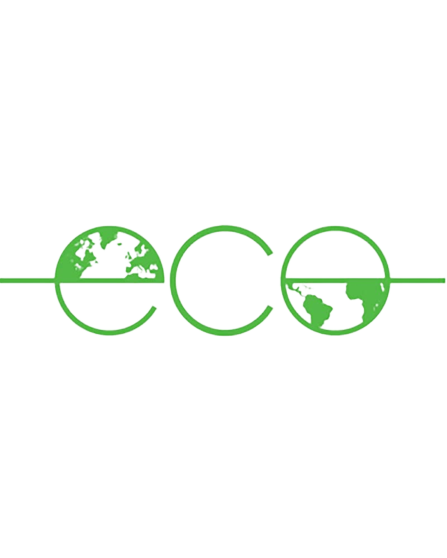ETHICAL THANKSGIVING BREAK
“As consumers, we have so much power to change the world by just being careful in what we buy.”
THANKSGIVING DAY
Environmental Impact
A 16 lbs turkey has a carbon footprint of 34.2 lbs of CO2, which is equal to the the carbon footprint of gravy, cranberry sauce, mashed potatoes, rolled biscuits, and apple pie combined (source)
33% of food in America is wasted and Thanksgiving is known for its excess (source)
244.45 million turkeys produced in the US in 2018 (source)
Travel-related emissions, both car and airplane travel produce billions of tons of CO2 every Thanksgiving (source)
Social
National Day of Mourning - an indigenous community protest of Thanksgiving
Pilgrims stole corn, robbed graves and homes, and damaged Native American communities (source)
One in four Native Americans is food insecure, and, on the whole, they are are twice as likely as whites to be food insecure.(source)
Economic
And about $293 million of that waste will happen during Thanksgiving — and that’s just for turkey alone. (SOURCE)
Health
Eating vegan on Thanksgiving saves you:
1390 calories
86 grams of fat
523 mg cholesterol
The average American consumes over 3,000 calories on Thanksgiving
Ethical
Approximately 46 million turkeys are slaughtered every year for Thanksgiving (source)
Turkeys are sent to slaughter at approximately 6 months. Naturally, they live up to 10 years (source).
To keep turkeys from killing each other, parts of their toes and beaks are cut off - without painkillers (same source as above).
Turkeys are bred, drugged, and genetically manipulated to grow as large as possible as quickly as possible. In 1970, the average turkey raised for meat weighed 17 pounds. Today, turkeys average 28 pounds. Because of this unnatural weight, their legs often break beneath them (same source as above).
Hormones and selective breeding of turkeys in order to maximize meat production is such that the turkeys can’t hold themselves up, giving them hip lesions and skeletal disease
If a human baby grew at this rate, it would weigh 1500 lbs in 18 weeks (source)
WHAT CAN YOU DO?
Vegan Thanksgiving Recipes from Anabel’s Grocery!
Use a vegan turkey substitute
Practice gratitude on Thanksgiving
Buy local
Carbon offset your travel with Finger Lakes Climate Fund
Find local food bank website Here
BLACK FRIDAY
Environmental Impact
Every second, the equivalent of one garbage truck of textiles is landfilled or burned (Ellen MacArthur Foundation)
Between Thanksgiving and New Year’s Day, American household waste increases by more than 25 percent, contributing an additional 1 million tons a week to our landfills (epa)
Apparel accounts for 5% of global greenhouse gas emissions (source)
Clothes release the equivalent of 50 billion plastic water bottles worth of microfibres into the ocean every year (Ellen MacArthur Foundation)
Social Impact
Black Friday takes away from family time on Thanksgiving, with people starting their Black Friday shopping as early as Thanksgiving afternoon (ex. J.C.Penney opens for Black Friday hours at 2pm on Thursday) (source)
Not only do consumers leave their families to shop, but retail employees have to work during the holiday at hours that are increasingly encroaching upon Thanksgiving
Targets lower-income employees who are more incentivized to work on the holiday to receive bonuses
Workers are estimated to receive only 4% of the price of a piece of clothing (source)
Only 2% of workers in the garment supply chain get a living wage for their work (source)
Economic Impact
192.2 million people shopped on Black Friday and Cyber Monday in 2018 (source)
Throw-away culture: we buy things because they are cheap; throw them away because they are cheap
True cost of fashion is paid by the workers, environment, and ultimately, us
Americans are expected to spend $87 billion on Black Friday and Cyber Monday this year. Approximately 52% of people have purchased something on sale that they later regretted. (source)
Alternatives
Don’t buy: Spend more time with family instead! Enjoy activities together, and focus on experiences, rather than material objects
Watch a documentary, go outside, spend time with family
Organize a clothing swap
Pass it on: Pass on a favorite book, clippings from a plant, or fun antiques for friends and family. Go shopping in secondhand stores to find unique gifts, while diverting waste from landfills.
Make: Create something from things you already own, or bake a treat.
Shop consciously: Support local! Use apps such as Good On You or DoneGood to check out/understand sustainable brands that treat their workers fairly.
“'Buy less, choose well, make it last” - Vivienne Westwood











